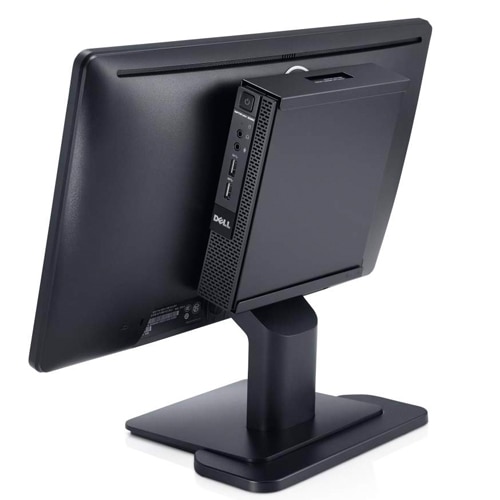
Hackers gained remote access to numerous computers that CCleaner was installed on. What we don't likeĬCleaner fell victim to a hacking attack in 2017 after which the program was infected with malware. Lots of developers and system admins might turn their noses up at CCleaner (and similar software), but these tools weren't designed for them in the first place: They're aimed at less technically-versed users looking for an all-in-one program that can help them get rid of junk files on personal computers. Thanks to its advanced settings, you can specify what CCleaner should and should not check. This makes it especially easy to get rid of unneeded files with just a few clicks. Please download Malwarebytes to your desktop.CCleaner gathers together settings and features that are normally spread out among system tools and utilities under one roof within a user-friendly interface. Our program Malwarebytes can detect and remove this potentially unwanted application. This particular one was downloaded from their website: These so-called system optimizers use different methods of getting installed. You may see this entry in your list of installed programs:Īnd this task in your list of Scheduled Tasks:

You will find these icons in your taskbar, your startmenu, and on your desktop: This is how the main screen of the system optimizer looks: How do I know if I am infected with PC Cleaner? More information can be found on our Malwarebytes Labs blog.

Then they try to sell you their software, claiming it will remove these problems. These so-called "system optimizers" use intentional false positives to convince users that their systems have problems. The Malwarebytes research team has determined that PC Cleaner is a "system optimizer".


 0 kommentar(er)
0 kommentar(er)
